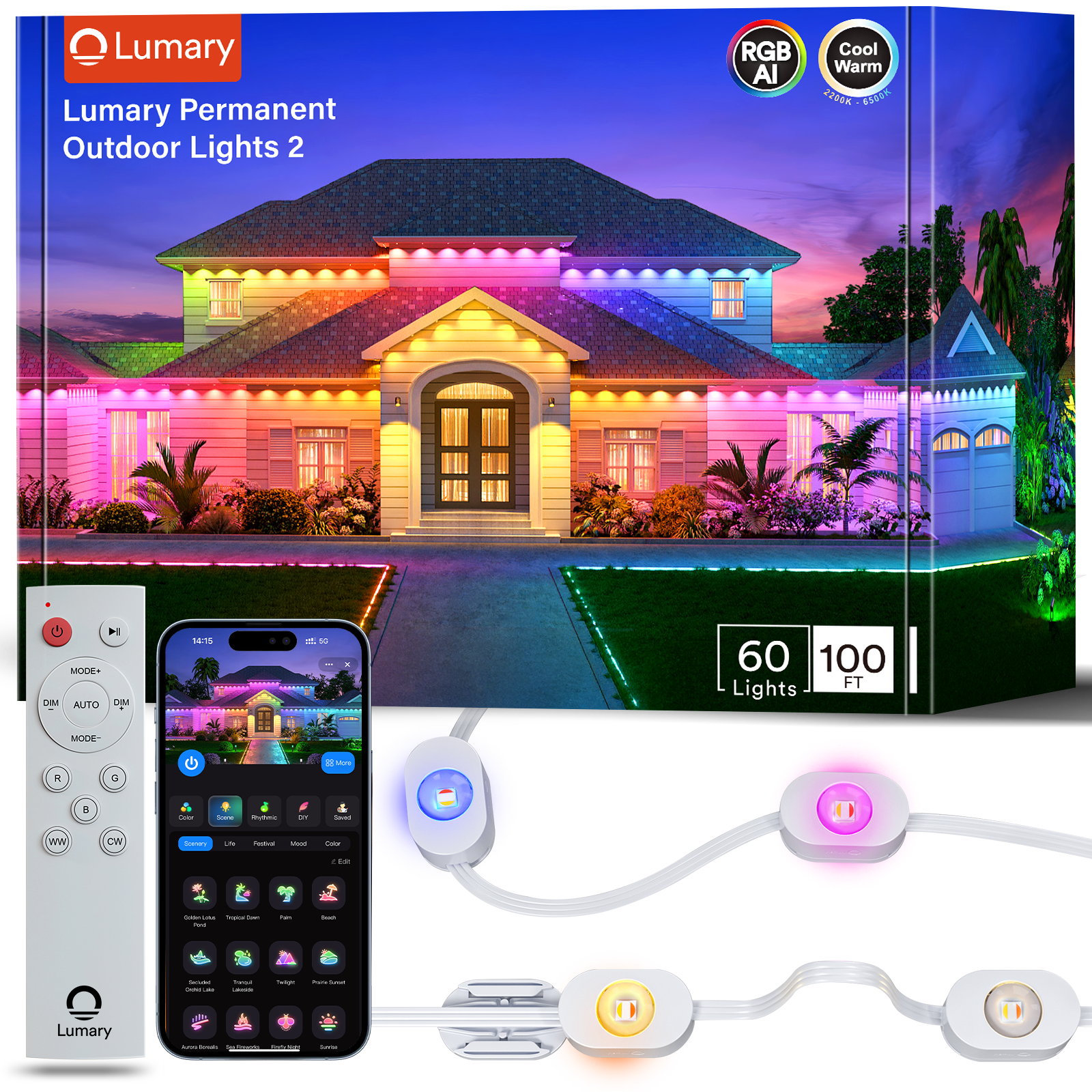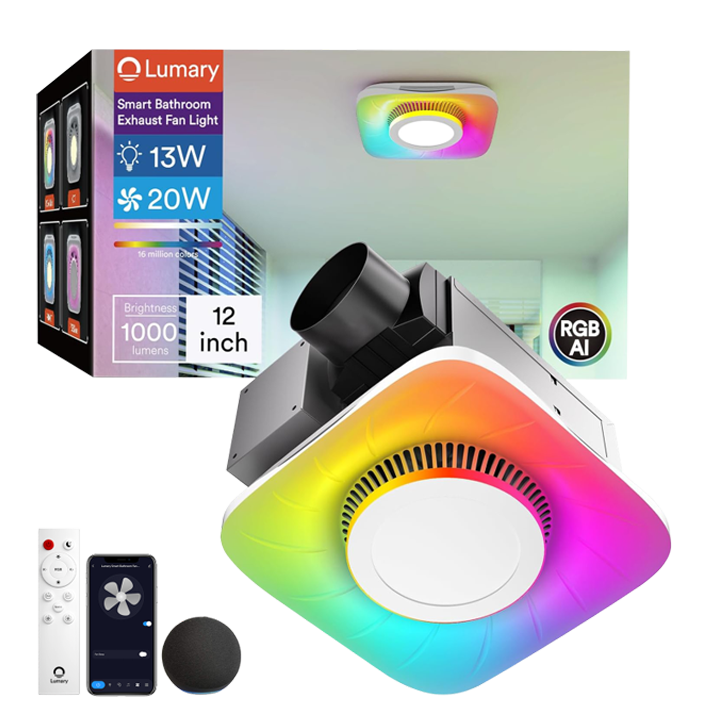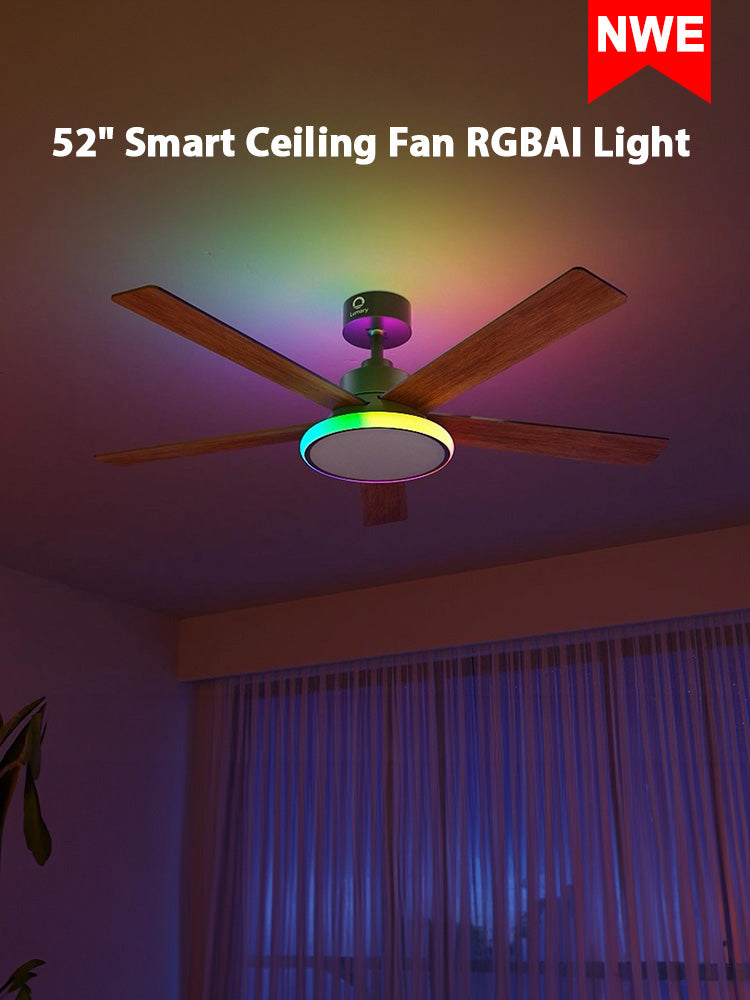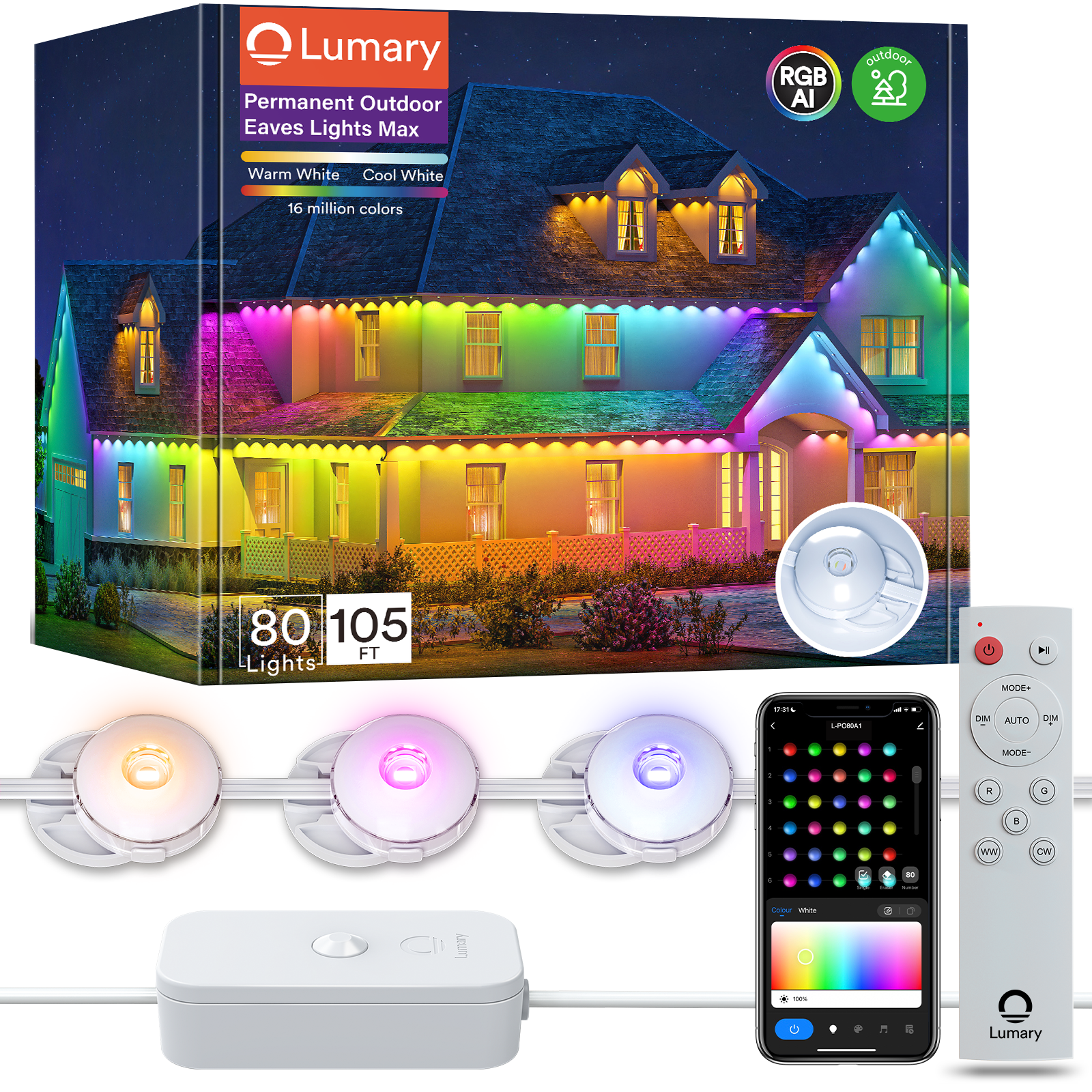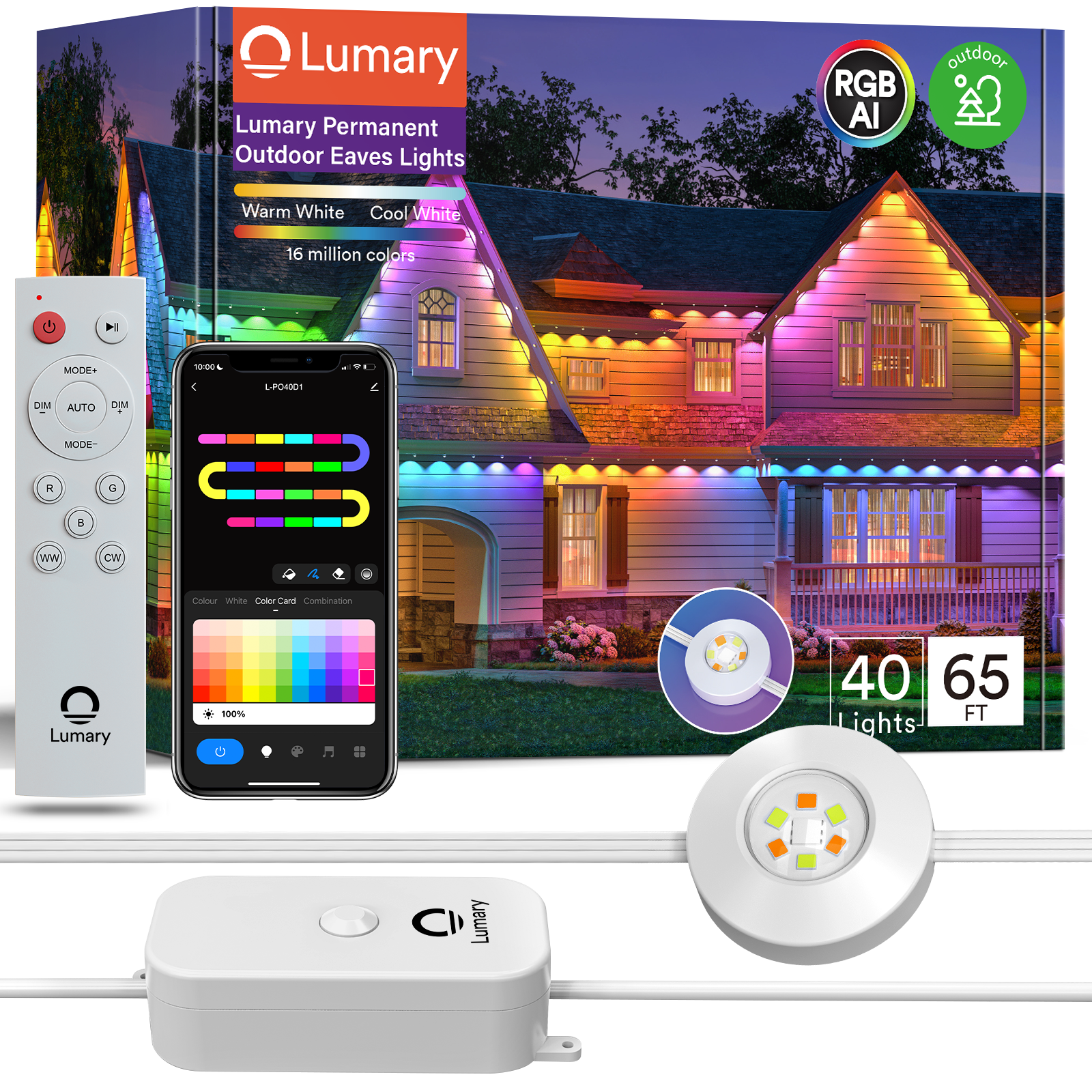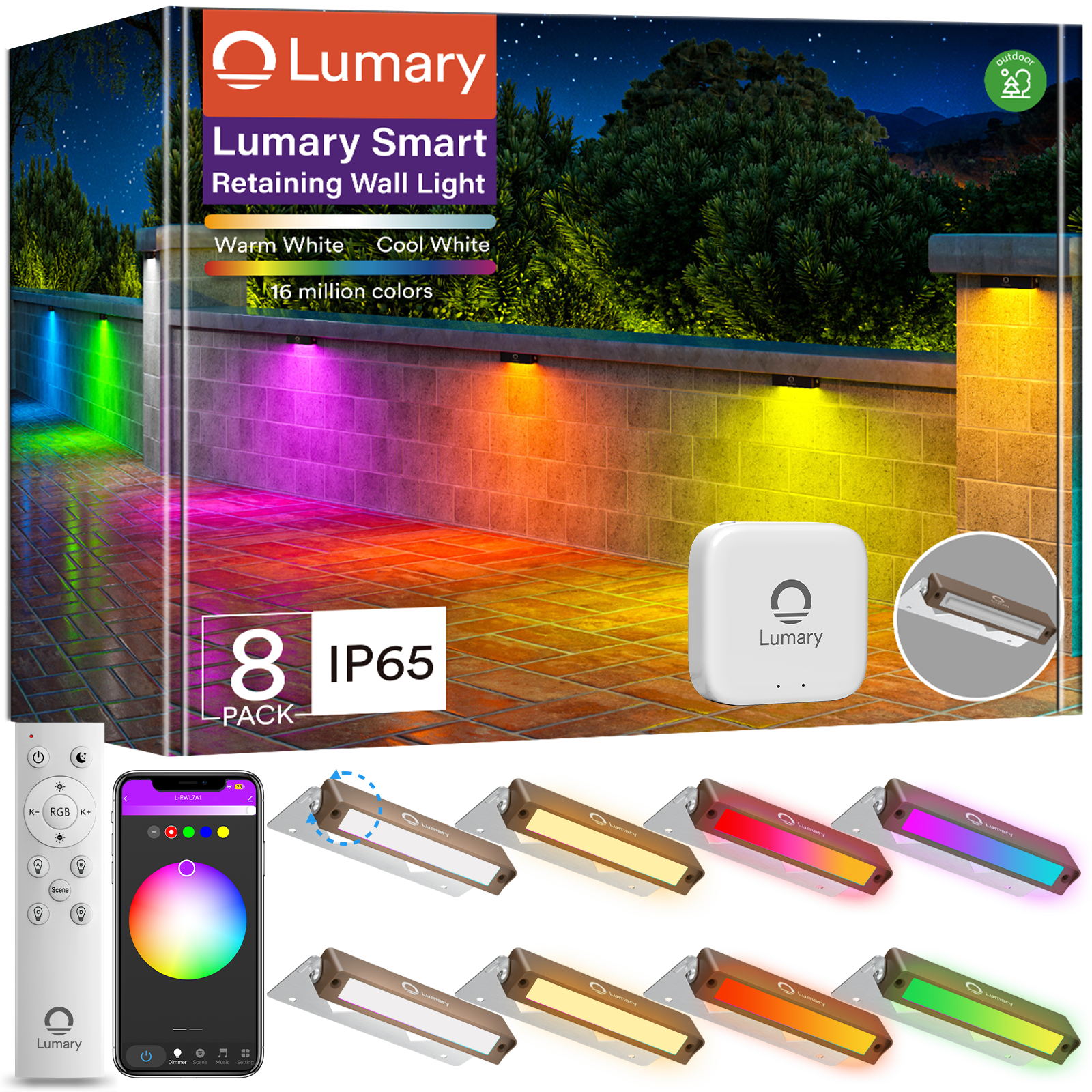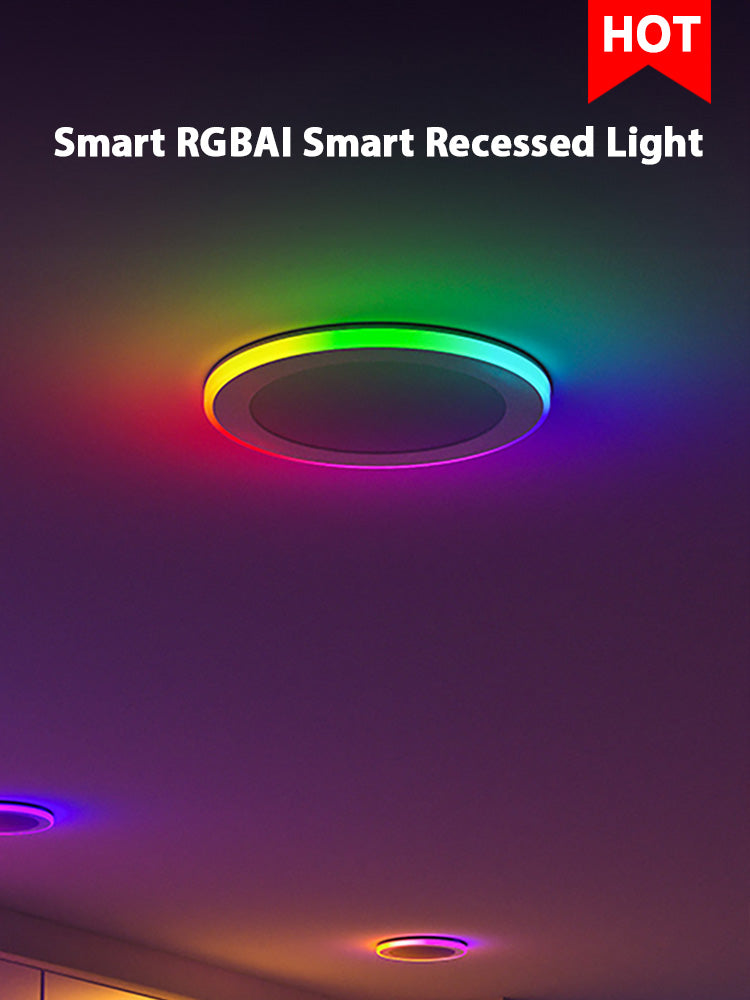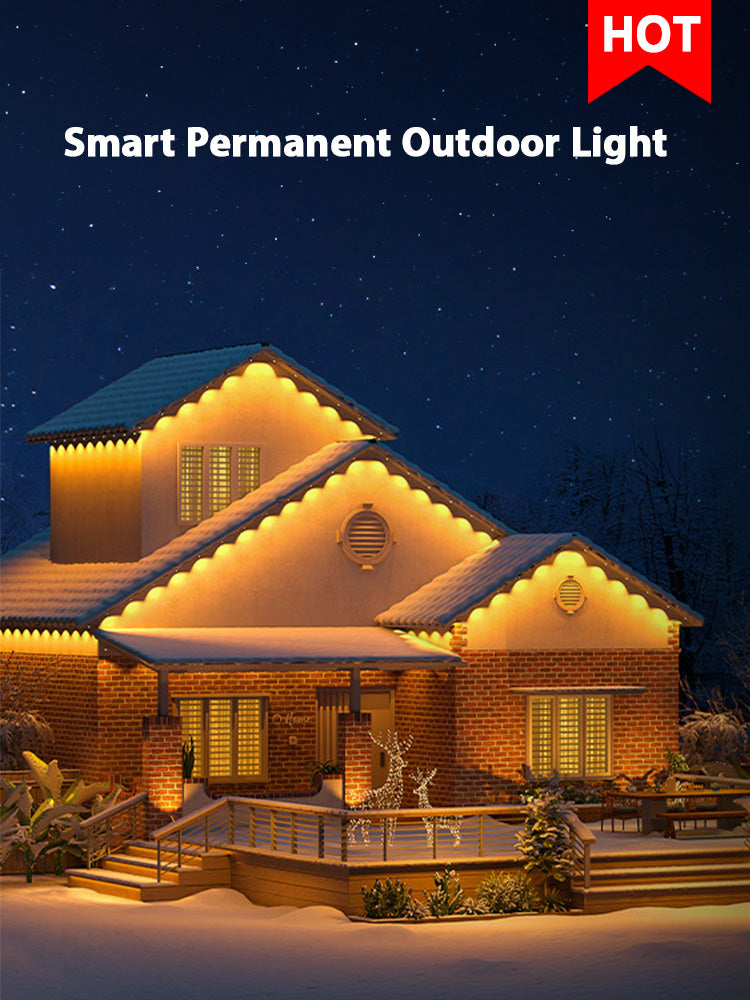In interior design, wall lights play a crucial role in creating the right ambiance. They not only illuminate spaces but also enhance the overall aesthetics of a room. Understanding the significance of proper lighting is essential for your mood, productivity, and even sleep quality. This blog aims to guide you through selecting the perfect wall lights for your space, ensuring that you make informed decisions to transform your home into a well-lit haven.

Understanding the Purpose of Wall Lights
Types of Lighting
Ambient Lighting
-
Illuminate your space with a gentle glow that creates a welcoming atmosphere.
-
Consider using wall lights with dimmer switches to adjust the brightness according to your needs.
-
Enhance the overall mood of the room by strategically placing ambient wall lights.
Task Lighting
-
Direct focused light to specific areas for activities like reading or working.
-
Opt for adjustable wall lights that can be positioned to illuminate task areas effectively.
-
Ensure that task wall lights provide ample brightness without causing glare.
Accent Lighting
-
Highlight architectural features or artwork with accent wall lights.
-
Create visual interest by using wall lights to draw attention to particular elements in the room.
-
Experiment with different angles and intensities to achieve the desired accent lighting effect.
Determining Your Lighting Needs
Assessing the Room's Function
-
Evaluate how you use each space to determine the type and amount of lighting required.
-
Install wall lights in areas where additional illumination is needed for practical tasks.
-
Combine different types of lighting, including ceiling fixtures and lamps, for a well-rounded lighting scheme.
Considering the Mood and Atmosphere
-
Set the ambiance by choosing warm or cool-toned wall lights based on the desired atmosphere.
-
Use dimmable wall lights to control light intensity and create varying moods in different settings.
-
Experiment with colored bulbs or filters to add a unique touch and alter the room's ambiance.
Choosing the Right Style and Design
Matching Your Decor
Traditional Styles
-
Traditional Styles of wall lights exude a timeless charm that complements classic interior designs.
-
Embrace ornate details and rich finishes in traditional wall lights to enhance the elegance of your space.
-
Opt for wall sconces with intricate patterns and warm hues to create a cozy ambiance reminiscent of bygone eras.
Modern and Contemporary Styles
-
Modern and Contemporary Styles of wall lights feature sleek lines and minimalist designs for a sophisticated look.
-
Choose wall lighting fixtures with clean silhouettes and metallic accents to add a touch of modernity to your room.
-
Incorporate LED technology into contemporary wall lights for energy-efficient illumination with a stylish edge.
Transitional Styles
-
Transitional Styles blend elements of traditional and contemporary design, offering versatility in various decor schemes.
-
Select transitional wall lights with simple yet elegant features that bridge the gap between classic and modern aesthetics.
-
Opt for neutral color palettes and understated embellishments in transitional style wall lights for a harmonious balance.
Considering Fixture Materials and Finishes
Metal Finishes
-
Explore the versatility of metal finishes in wall lights, ranging from brushed nickel to antique brass options.
-
Enhance industrial-themed spaces with raw steel or iron wall lighting fixtures, adding an edgy flair to your decor.
-
Opt for matte black or polished chrome finishes on metal wall lights for a contemporary touch that complements modern interiors.
Glass and Crystal Options
-
Illuminate your room with sophistication using glass and crystal options for wall lights, creating a luxurious ambiance.
-
Choose crystal-adorned sconces or frosted glass shades on wall lighting fixtures for an elegant focal point in your space.
-
Experiment with colored glass panels or crystal accents in glass wall lights to reflect light beautifully throughout the room.
Fabric and Other Materials
-
Infuse warmth into your decor with fabric and other materials, such as linen or silk shades on wall lights.
-
Opt for textured fabric shades on fabric wall lights, adding depth and visual interest to your walls.
-
Consider unconventional materials like rattan or wood accents in unique wall light designs, bringing a touch of nature indoors.
Practical Considerations for Installation and Placement
Height and Positioning
General Guidelines
-
Determine the optimal height for installing wall lights to ensure proper illumination without causing glare.
-
Position wall lights at eye level or slightly above to create a balanced lighting effect in the room.
-
Consider the room's layout and function when deciding on the placement of wall lights.
Room-Specific Recommendations
-
In living rooms, place wall lights near seating areas to provide task lighting for reading or hobbies.
-
For bedrooms, install wall lights on either side of the bed at a height that allows easy access to switches.
-
In dining areas, position wall lights above or beside artwork or decorative elements to enhance visual interest.
Electrical Requirements and Safety
Wiring and Power Sources
-
Ensure that wall lights are installed by a qualified electrician to guarantee proper wiring connections.
-
Choose power sources strategically based on the location of the wall lights to avoid visible cords or cables.
-
Consider incorporating smart lighting systems for convenient control and energy efficiency.
Safety Precautions
-
Regularly inspect and maintain wall light fixtures to prevent electrical hazards or malfunctions.
-
Keep flammable materials away from wall lights to reduce the risk of fire accidents.
-
Follow manufacturer instructions for bulb wattage compatibility to prevent overheating issues.
By following these practical considerations for installation and placement, you can optimize the functionality and safety of your wall lights while enhancing the aesthetic appeal of your living spaces. Remember that proper positioning and electrical setup are key factors in creating a well-lit environment that meets both your lighting needs and design preferences.
Coordinating Wall Lights with Other Lighting
Layering Lighting
Combining Wall Lights with Ceiling Fixtures
To create a harmonious lighting scheme, wall lights can be paired with ceiling fixtures. This combination adds depth and dimension to your room, enhancing the overall ambiance. By strategically placing wall sconces near overhead lighting sources, you can achieve a balanced illumination effect that brightens every corner. Consider using dimmable options for both ceiling fixtures and wall lights to adjust the light intensity according to different occasions.
Integrating with Floor and Table Lamps
Incorporating wall lights into your existing floor and table lamps setup can elevate the visual appeal of your space. Positioning wall sconces near standing or tabletop lamps creates layers of light that contribute to a cozy atmosphere. The interplay between various light sources adds warmth and character to the room, making it inviting and comfortable for relaxation or social gatherings. Experiment with different combinations of wall lights, floor lamps, and table lamps to find the perfect balance of illumination.
Creating a Balanced Lighting Scheme
Avoiding Over-illumination
When coordinating wall lights with other lighting fixtures, it's crucial to avoid over-illumination in your space. Excessive brightness can lead to discomfort and glare, disrupting the desired ambiance. To prevent over-illumination, consider using dimmer switches on all light sources, including wall sconces, ceiling fixtures, and lamps. This allows you to control the light levels effectively and create a pleasant environment for various activities.
Ensuring Even Light Distribution
Achieving even light distribution is essential when combining wall lights with other lighting elements. Properly spaced wall sconces along with ceiling fixtures and lamps help distribute light uniformly throughout the room. This balanced approach prevents dark spots or overly bright areas, ensuring that every corner receives adequate illumination. By strategically placing wall lights in conjunction with other light sources, you can enhance the overall coherence of your lighting design.
Appreciate the significance of proper lighting in your space. Consider your unique style and preferences when selecting wall lights. Opt for fixtures that not only illuminate but also enhance your room's aesthetics. Experiment with different options to find the perfect fit for your home. Remember, each choice you make contributes to creating a well-lit and inviting environment that reflects your personal taste and needs.
Testimonials:
Kent and Lightcrafters
"Their light fixtures are beautifully realized and radiate an aura of conscious creativity... We received the 2 copper sconces with squiggles on them (#601) for our new eye care practice & want to thank/applaud you for a job well done! They are quite a 'show piece' on the wall behind the patient lounge seating."

